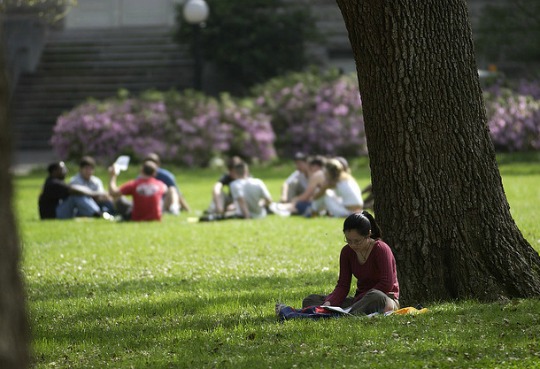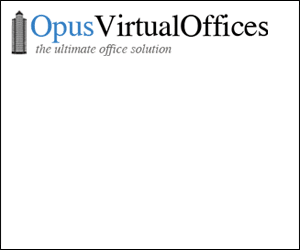

What Is A Private Student Loan?

Overwhelmed by all the information on student loans out there? We’ve got you covered.
ReadyForZero has addressed Federal Student Loans in previous posts on the blog. But a lot of students also have private student loans, and we’ve noticed that there seems to be a lack of unbiased information available about those.
For borrowers with private student loans, trying to pin down accurate and helpful information about your loans can be tricky. With so many different private loan companies and types of loans out there, finding answers to your questions (or help of any kind) isn’t always easy. To help you out, we’ll be publishing a series of blog posts about private student loans every Monday for the month of July. These posts will provide you with a better understanding of how to deal with private student loan debt and where to go for extra help and guidance. Let’s start with the basics:
What Is a Private Student Loan?
Simply… when a private institution or organization – not backed by the government – lends money intended to fund your attendance to an institution of learning.
Not so simply… more than $8 billion in private student loans are currently in default. And the number continues to increase.
Though private student loans are sometimes advertised as smart alternatives or easy supplements to federal loans, based on high and often variable interest rates and less flexible repayment plans, they carry with them the added danger of financial pressure on borrowers experiencing financial hardship or challenges. Not having an income high enough to support your payments can put a huge stress on your financial security.
So why do people take out private student loans to begin with?
As tuition fees continue to skyrocket, more and more people are looking for accessible ways to cover the costs. Private loans offered by credit unions and banks are one option if others – like scholarships, grants and FAFSA – have been exhausted. Private loans have much higher limits and are advertised as providing the extra financial boost to fund your education.
Covering all costs — sounds pretty great right?
That depends. Before you decide to take private lenders up on their offers to cover all costs – it’s important to think about and understand the the terms of entering into such an agreement.
Private loans will usually offer to cover most or all costs associated with schooling that can’t be covered by federal loans. But of course with each increase in your total loan amount, there will be an inevitable increase in the money that you’ll need to pay back. And with interest rates on private loans free to go above the 6.8% of federal loans, you could end up paying double or triple your actual loan amount in interest alone.
For instance – taking out the potential max, up to $120,000 or more, also means that you would be paying back that max – with interest… a potentially high, and variable interest. Some private student loans have interest rates attached that are closer to those of credit cards. So on top of that $120,000 will be the interest that accrues during the years of school and for as long as you hold the debt.
Because private loans aren’t backed by the government, the terms of loan are at the discretion of the lender. This means that interest rates can be variable (able to change over time) and terms of lending vary widely across the board. This leaves you with less certainty in the total amount you’ll end up repaying later on – something that makes it difficult to budget for when you plan for the true cost of loans.
If you’re considering a private student loan…
… make sure you’ve explored all other options first. Because of the risk involved, even private student lenders encourage you to pursue other options before taking out a private student loan. PNC student loan website adds a note at the foot of their page encouraging prospective borrowers to “explore all scholarship, grant and federal borrowing options before applying for a private loan.”
…you’ll need your credit score. Private Student loans are dependent on the borrowers credit score. Since most young folks don’t have a credit score, or haven’t built up a solid credit score, private lenders will require a cosigner, and base the amount and repayment plan based on their score.
…you’ll also need to be prepared to begin paying back on the loan or interest while you’re still in school. Unlike Federal loans, which halt repayment until the student graduates, under private loan plans students may be required to begin paying back loan while they’re still in college. If you’re busy with classes, and taking out a job seems like an impossibility, you may find yourself in financial trouble.
… prepare for less flexibility as you pay back. While there are some exceptions, private student lenders often don’t offer a grace period or the possibility to defer – even in times of financial hardship. Without proper planning, private student loans can soon feel suffocating and unmanageable in conjecture with the other expenses in a monthly budget.
As with any loan, a private student loan represents a financial contract that potentially entails lending a large sum of money. And with the loan comes the expectation that it will be paid in full. Always research and understand before you sign anything. If you’re in the midst of repayment, stay tuned.




I am an international student ,when I was trying to transfer my school , actually I had a balance of 1700 dollers in that private college . But I told them I will pay off that . They terminated my records and they put 7500 dollers in my account for their college collection. What can I do? Now they are frequently calling me to pay off that.